PTSD and Guilt: Understanding Survivor's Guilt in Trauma Recovery
9 March 2025
Trauma leaves all sorts of scars, and not all of them are visible. One of the emotional imprints that can linger long after a traumatic event is guilt—specifically, survivor's guilt. It's a complex emotion that often shows up in individuals suffering from Post-Traumatic Stress Disorder (PTSD). But why is this guilt so pervasive, and how does it impact the healing process?
In this article, we'll dive deep into the connection between PTSD and guilt, particularly survivor’s guilt, to better understand how these emotions affect trauma recovery. If you're struggling with these feelings or know someone who is, this might help shed some light on the situation.

What is PTSD?
Before we jump into the specifics of guilt, it's essential to understand what PTSD is. Post-Traumatic Stress Disorder is a mental health condition that can develop after a person experiences or witnesses a traumatic event. These events can range from natural disasters, accidents, war, or violent personal assaults such as sexual abuse or robbery.Some of the hallmark symptoms of PTSD include:
- Flashbacks: Reliving the traumatic event, often with intense feelings of distress.
- Nightmares: Recurring, disturbing dreams related to the trauma.
- Hypervigilance: Constantly feeling "on edge" or being easily startled.
- Avoidance: Avoiding places, people, or activities that remind you of the trauma.
While these are some of the more well-known symptoms of PTSD, emotional responses like guilt and shame often go unrecognized, particularly survivor’s guilt.

What is Survivor’s Guilt?
Survivor’s guilt is the overwhelming feeling of guilt that someone experiences when they survive a situation where others did not. It’s common among:- War veterans who witnessed the loss of fellow soldiers.
- Survivors of accidents like car crashes or plane accidents.
- People who lived through natural disasters, such as hurricanes or earthquakes.
- Victims of violent crimes where others were harmed or killed.
In essence, it's that nagging voice inside your head asking, "Why did I survive when others didn’t?" Survivor’s guilt can be a form of self-blame, even when the person had no control over the situation.
Why Do People Experience Survivor’s Guilt?
The human mind can be both fascinating and baffling. Survivor's guilt arises from a deep-seated desire to find meaning or reason behind traumatic events. When we survive something that others did not, the mind often struggles to reconcile the randomness of it all.And guess what? Our brains love to try and make sense of chaos. When there's no clear reason why we survived, guilt moves in to fill that gap. It’s as though we blame ourselves for something that was well beyond our control.
But guilt isn’t just about feeling bad for surviving; it’s more than that. It can be tied to feelings of unworthiness, shame, and even a distorted sense of responsibility for the outcomes of the traumatic event.
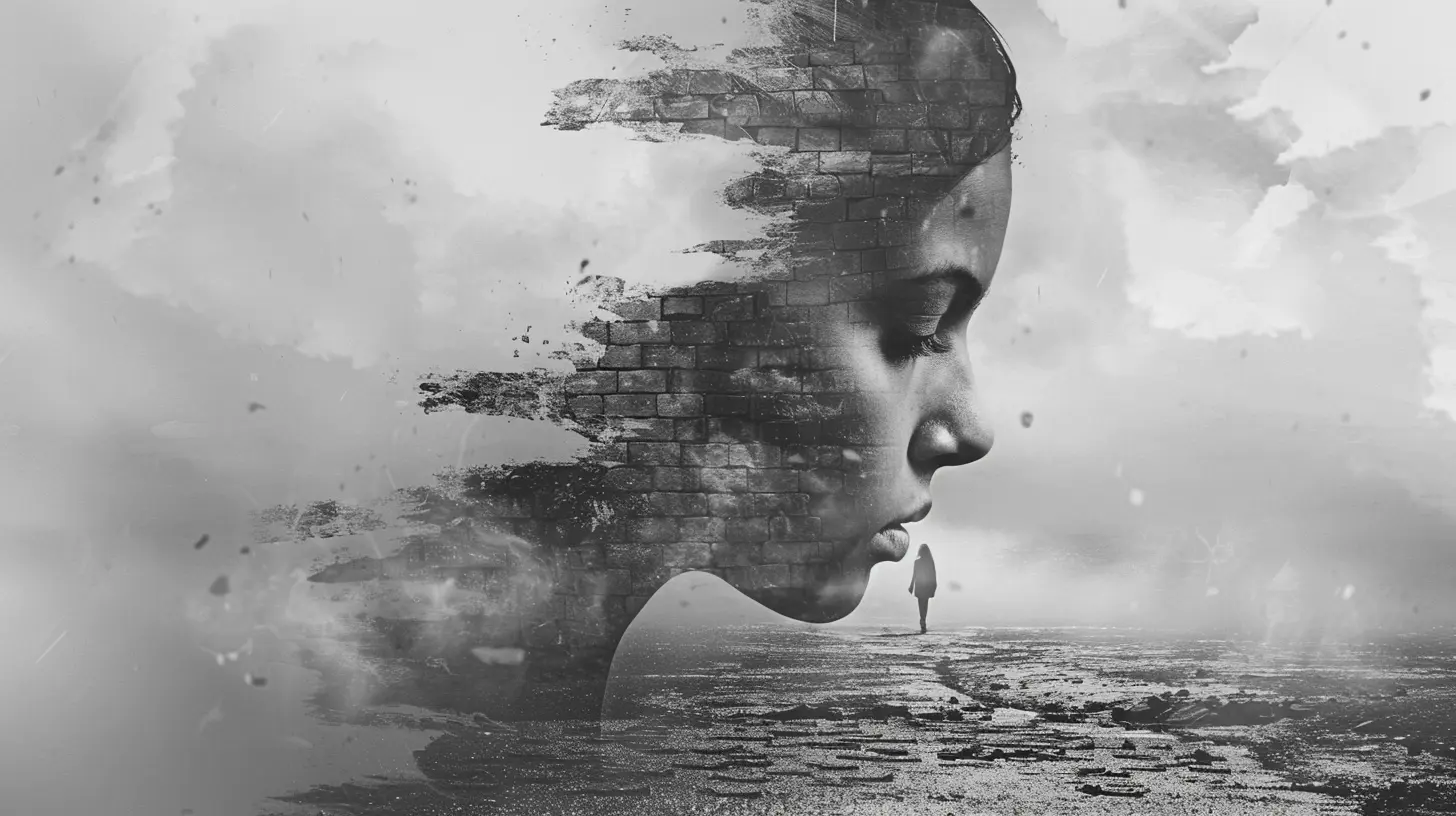
The Connection Between PTSD and Survivor’s Guilt
So how exactly do PTSD and survivor's guilt connect?In many cases, the trauma that leads to PTSD also brings along a heavy dose of survivor’s guilt. It’s not just the flashbacks or nightmares that haunt survivors—it's also the persistent question of "Why me?" This can lead to:
- Replaying the event: Constantly thinking about what you could have done differently, even if there was nothing you could’ve done to change the outcome.
- Emotional numbing: Pushing down feelings of joy or happiness because you feel you don’t deserve them.
- Self-punishment: Engaging in harmful or self-destructive behavior as a way to cope with guilt.
For many people, guilt becomes an integral part of their PTSD. It can amplify other symptoms, making recovery an even more challenging journey.
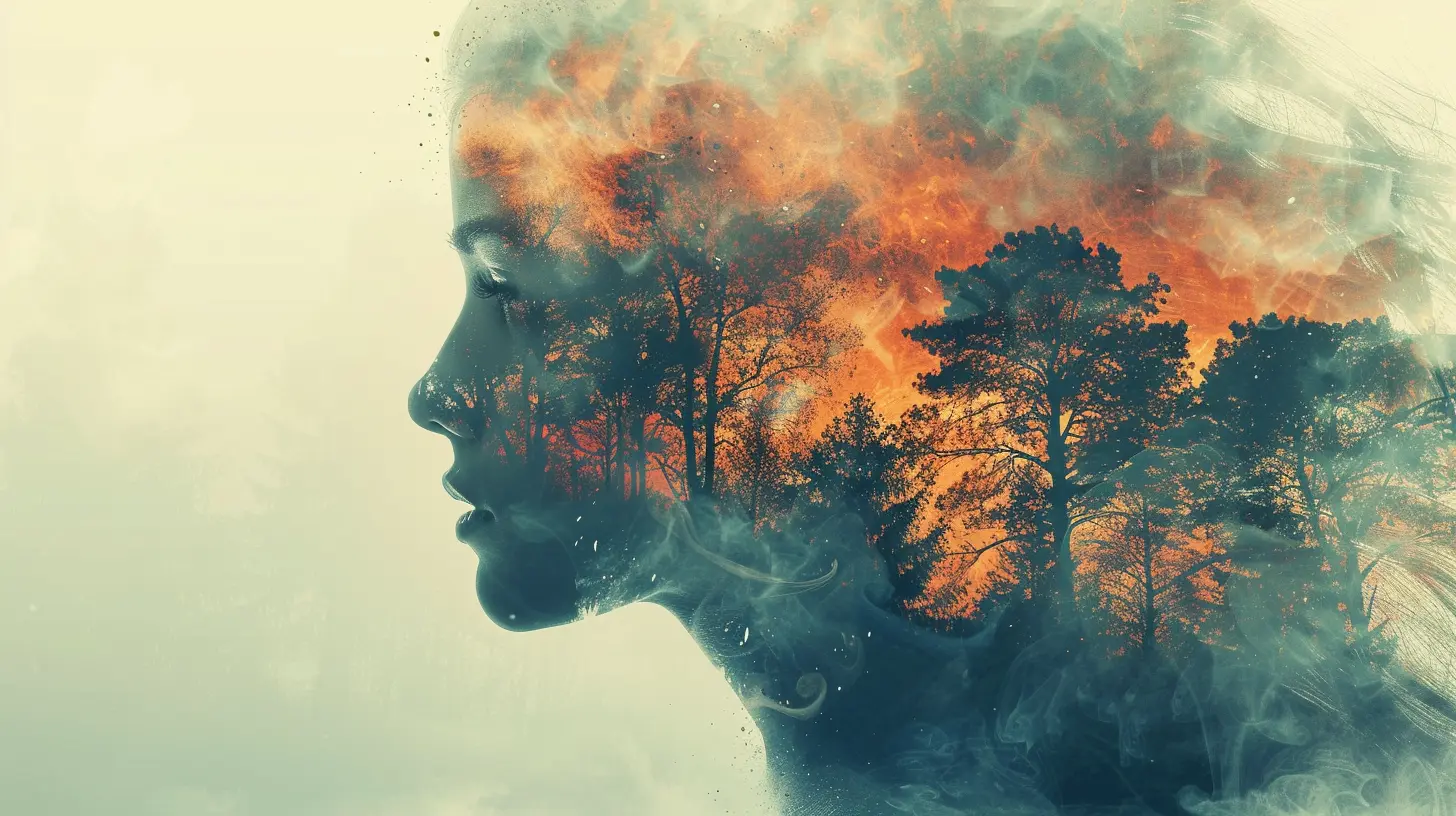
The Emotional Weight of Guilt in Trauma Recovery
Guilt is a heavy emotion, and when it’s tied to trauma, it can feel suffocating. Imagine carrying around a backpack that gets heavier every day. That’s what guilt feels like when it goes unaddressed—it weighs you down, making daily life more difficult.The kicker? Guilt can sabotage recovery. Here’s how:
- Avoidance: Guilt often leads to avoiding therapy or treatment because the person feels unworthy of healing.
- Isolation: People may withdraw from loved ones because they feel they don’t deserve support or happiness.
- Depression and anxiety: Guilt can easily spiral into more severe mental health issues, such as depression or anxiety.
In some cases, survivor’s guilt becomes the primary focus, overshadowing the original trauma. It becomes a mental loop, a never-ending cycle of self-reproach that keeps people stuck in their trauma.
Common Misconceptions About Survivor’s Guilt
Survivor's guilt is often misunderstood, even by those experiencing it. Here are some common misconceptions:1. "If I Feel Guilty, It Means I Did Something Wrong."
This is one of the most pervasive myths. Guilt doesn't always mean you've done something wrong. In the case of survivor’s guilt, it’s often irrational—your mind is responding to the trauma by assigning blame to yourself, even when there’s no logical reason to.2. "I Can’t Feel Better Until I Make Amends."
Sometimes, people feel like they need to "pay" for their survival in some way. They may engage in self-punishing behaviors as a form of atonement. However, this is a dangerous and unhealthy way of coping and doesn’t lead to genuine healing.3. "I Don’t Deserve to Be Happy."
Many people with survivor's guilt believe that happiness is a luxury they aren’t entitled to. But here's the truth: Everyone deserves happiness, regardless of their past experiences. Happiness doesn’t take away from the memory of others who didn’t survive.4. "Guilt Is a Permanent Part of Trauma Recovery."
While guilt is a common part of the recovery process, it doesn’t have to be permanent. With the right support and treatment, people can learn to let go of their guilt and move forward in their healing.
How to Cope with Survivor’s Guilt
Dealing with survivor’s guilt isn’t easy, but it’s possible. Here are some strategies that can help:1. Acknowledge Your Feelings
The first step in dealing with survivor’s guilt is acknowledging that you feel it. It’s easy to push guilt aside or pretend it’s not there, but that only gives it more power. By recognizing and accepting your guilt, you begin to take control over it.2. Challenge Irrational Thoughts
Survivor’s guilt often stems from irrational thinking patterns. Ask yourself: "Is there any real evidence that I’m to blame for what happened?" In most cases, the answer is no. Cognitive-behavioral therapy (CBT) can be particularly helpful in challenging these thought patterns.3. Talk About It
Talking to a therapist, counselor, or support group can be incredibly healing. Sometimes, just sharing your feelings with someone else can lighten the load. Therapy can provide you with tools to manage and eventually overcome your guilt.4. Practice Self-Compassion
It’s crucial to be kind to yourself. You’re human, and humans feel guilt, even when it’s unwarranted. Practice self-compassion by reminding yourself that you didn’t choose to survive at the expense of others—it was out of your control.5. Engage in Meaningful Activities
While it’s essential to process your feelings, it’s equally important to stay engaged with life. Spending time with loved ones, volunteering, or pursuing hobbies can help you reconnect with joy and purpose. You don’t need to punish yourself for being alive.6. Seek Professional Help
If survivor’s guilt is impacting your daily life or worsening your PTSD symptoms, it’s time to seek professional help. Therapy, particularly trauma-focused therapies like EMDR (Eye Movement Desensitization and Reprocessing) or Prolonged Exposure Therapy, can make a world of difference in helping you navigate these complicated emotions.The Road to Healing: Moving Beyond Guilt
Recovery from PTSD and survivor’s guilt can feel like an uphill battle, but it’s not impossible. Healing isn’t about forgetting the past or pretending the trauma never happened. Instead, it’s about making peace with what happened and learning to live with the memories without letting them control your life.Remember, guilt is just one piece of the puzzle. It doesn’t define you or your worth. You survived for a reason, and part of your recovery is discovering what that reason is. Whether it’s to help others who are struggling, to cherish life more fully, or simply to live your life the best way you know how—you deserve to heal.
Final Thoughts
Survivor’s guilt is a common but misunderstood aspect of PTSD and trauma recovery. While guilt can be overwhelming, it’s important to remember that it doesn’t have to be a permanent part of your life. By acknowledging your feelings, challenging your thoughts, and seeking support, you can move forward in your healing journey.As difficult as it may seem, you are not alone in this. Others have walked the same road and found their way to healing. And so can you.
all images in this post were generated using AI tools
Category:
Post Traumatic Stress DisorderAuthor:

Janet Conrad
Discussion
rate this article
8 comments
Eliza Bellamy
Thank you for addressing such a vital topic. Survivor's guilt is a heavy burden, and understanding its complexities can pave the way for healing. Compassionate support is crucial for those navigating this challenging journey.
April 1, 2025 at 3:07 AM

Janet Conrad
Thank you for your insightful comment! I completely agree that compassionate support is essential for healing from survivor's guilt.
Jocelyn McRae
This article insightfully explores survivor's guilt, highlighting its complex role in trauma recovery.
March 22, 2025 at 4:10 PM

Janet Conrad
Thank you for your thoughtful comment! I'm glad you found the exploration of survivor's guilt meaningful in the context of trauma recovery.
Chelsea Larsen
Survivor's guilt complicates healing; recognizing it is essential for effective trauma recovery and self-forgiveness.
March 21, 2025 at 5:46 AM

Janet Conrad
Thank you for highlighting the importance of recognizing survivor's guilt in trauma recovery. Acknowledging these feelings is indeed crucial for healing and self-forgiveness.
Betsy Warren
This article sparked my curiosity about the complex relationship between trauma and guilt. I’m eager to learn more about healing approaches.
March 18, 2025 at 4:54 PM

Janet Conrad
Thank you for your interest! Understanding the connection between trauma and guilt is essential for healing. I encourage you to explore various therapeutic approaches, such as Cognitive Behavioral Therapy and mindfulness practices, which can be helpful in recovery.
Uma Mercado
This exploration of survivor's guilt in PTSD is fascinating! It's intriguing how complex emotions shape recovery. I’m eager to learn more about effective coping strategies.
March 17, 2025 at 5:07 PM

Janet Conrad
Thank you for your thoughtful comment! I'm glad you found the exploration of survivor's guilt intriguing. I will definitely include more on effective coping strategies in future discussions!
Valencia Sheppard
Thank you for shedding light on the complex relationship between PTSD and survivor's guilt. Your insights will undoubtedly aid many in their healing journeys.
March 12, 2025 at 5:32 PM

Janet Conrad
Thank you for your kind words! I'm glad you found the insights helpful in navigating these complex issues.
Rook Frye
This article insightfully addresses survivor's guilt, highlighting its impact on PTSD recovery and the importance of compassionate support.
March 12, 2025 at 4:21 AM

Janet Conrad
Thank you for your thoughtful comment! I'm glad you found the article helpful in addressing such an important aspect of trauma recovery.
Journey Gill
Thanks for this insightful article! Understanding survivor's guilt is crucial for healing—appreciate the discussion on trauma recovery.
March 10, 2025 at 5:13 PM

Janet Conrad
Thank you for your kind words! I'm glad you found the article helpful in understanding survivor's guilt and its role in trauma recovery.
MORE POSTS

Practical Exercises to Boost Your Mental Toughness

How to Address Unspoken Tensions Before They Turn into Conflict
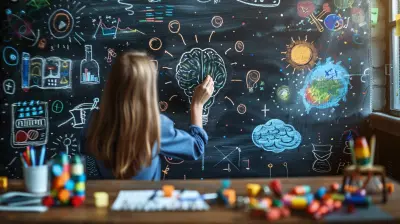
How Learning Disabilities Impact Mathematical Learning and Problem Solving
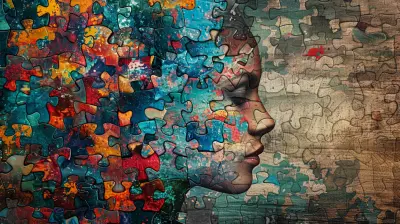
The Impact of Learning Disabilities on Mental Health
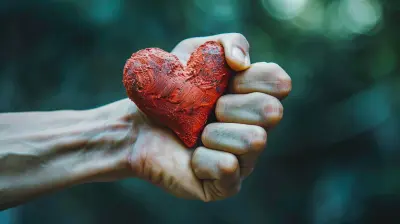
The Role of Strength-Based Therapy in Building Self-Esteem

How Mindfulness Can Help You Cope with Uncertainty